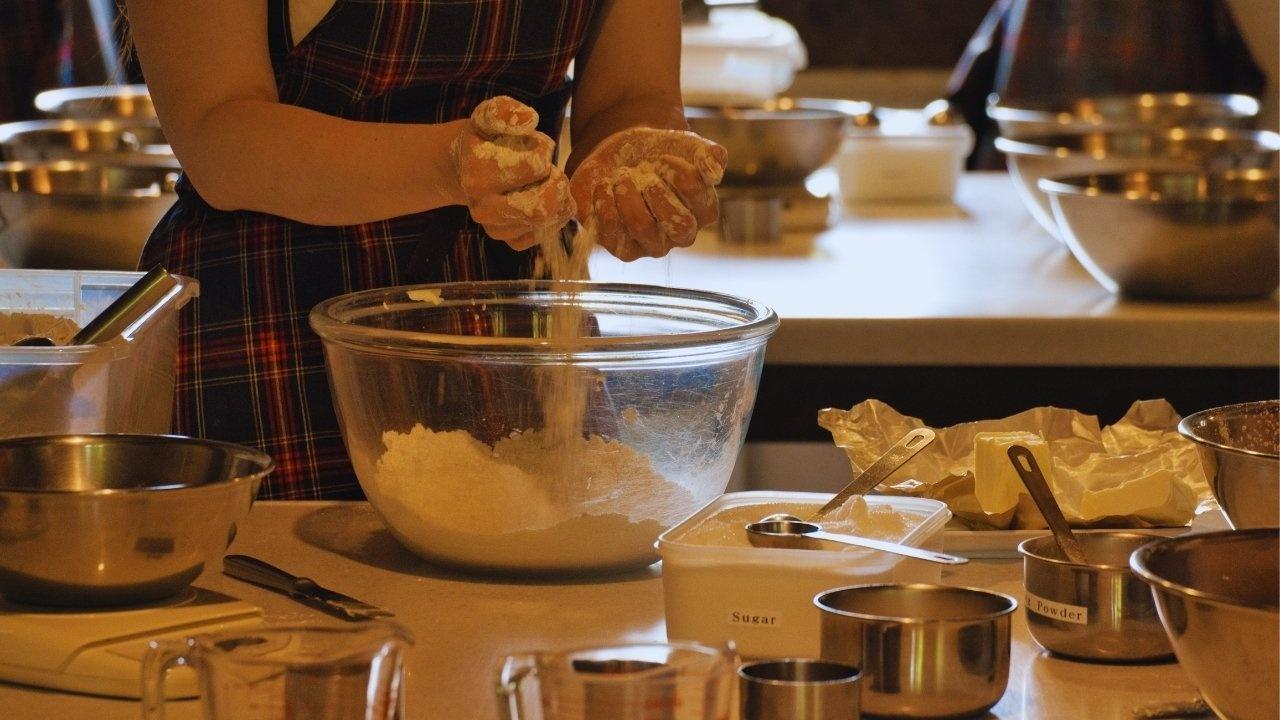
Post by : Anis Al-Rashid
Digital platforms have altered how people encounter food and cooking. Activities once largely confined to kitchens or face-to-face workshops are increasingly delivered online, changing access, interaction and learning methods.
Live and on-demand cooking sessions, plus online food communities, let users learn techniques, swap ideas and explore cuisines across borders. These services combine instruction with social connection and cultural exchange in an increasingly digital age.
The move from traditional, in-person formats to virtual environments marks a clear change in how culinary culture is consumed and shared.
Remote cooking classes are now a mainstream route for skill development. Offerings include real-time workshops and recorded lessons that address needs from novice cooks to professional chefs.
Virtual classes remove geographic limits and often cost less than in-person tuition, allowing more learners to participate. This flexibility helps people fit culinary education into busy schedules.
Online programmes cover many cuisines and methods—everything from staple recipes to specialised techniques. Established chefs, culinary instructors and content creators lead these sessions, bringing expert knowledge to broader audiences.
Many platforms incorporate Q&A, live feedback and chat, enabling participants to ask questions and receive guidance. These tools aim to replicate aspects of classroom interaction and improve practical outcomes.
Outside structured classes, online communities provide spaces for recipe sharing, troubleshooting and culinary conversation. Social networks, forums and dedicated apps link enthusiasts worldwide.
Members post recipes, videos and tips, offering peer feedback and ideas for modification. Such exchanges stimulate creativity and help cooks adopt new techniques.
Online communities enable cross-border culinary learning—users can discover and test dishes from other regions, expanding awareness of global food traditions.
Communities also provide encouragement, especially for beginners. Sharing outcomes and tips builds confidence and motivates continued practice.
Platforms such as YouTube, Instagram and TikTok make visual learning easy through short clips, step-by-step guides and live demonstrations. Creators can grow audiences and monetise their expertise.
Mobile applications offer features like ingredient swaps, portion calculators and guided videos that simplify cooking and enhance user experience. Gamified elements encourage exploration.
VR and AR are emerging in culinary training. Virtual kitchens and augmented overlays can simulate techniques or provide on-screen guidance to strengthen practical skills.
Online resources have opened high-level cooking techniques to a wider audience. This accessibility allows more people to experiment with complex recipes and develop confidence in the kitchen.
Exposure to global recipes encourages blending of flavours and reinterpretation of traditional dishes, contributing to evolving culinary practices.
Digital platforms also act as repositories for regional recipes and methods, helping preserve culinary heritage and making it available to future generations.
Virtual classes and online communities have created income streams for chefs, bloggers and food entrepreneurs. Options include paid workshops, subscription content and digital publications.
These digital opportunities enable culinary professionals to reach audiences beyond local markets and develop new business models.
The online migration brings limitations that platforms and users must address:
Quality Assurance: Not all content is verified, so learners may encounter inaccurate or inconsistent guidance.
Maintaining Engagement: Virtual formats can struggle to provide the hands-on oversight and accountability of in-person classes.
Information Overload: The volume of content can make it hard to find reliable resources and clear learning paths.
Improving vetting, interactivity and course structure can help address these weaknesses.
Social platforms accelerate the spread of recipes and techniques. Viral content influences both home cooks and professionals, shaping which dishes and methods gain traction.
Influencers and chefs highlight diverse flavours and inventive approaches, speeding adoption of new trends across communities.
Online groups organise activities like virtual cook-alongs, charity events and recipe challenges. These initiatives foster participation, skill sharing and cultural celebration among members.
Collaborative events help showcase talent, build networks and support intergenerational knowledge transfer.
Future developments will likely mix technology, education and community engagement. Key directions include:
AI Assistants: Tailored recipe suggestions and adaptive guidance based on dietary needs and preferences.
International Collaborative Platforms: Broader spaces for chefs and enthusiasts to co-create and share content globally.
Hybrid Models: Blending in-person workshops with digital elements to combine practical training with wide reach.
As these trends advance, culinary experiences are expected to become more interactive, accessible and globally linked.
Virtual cooking classes and online food communities are reshaping how people learn and share culinary knowledge. The digital move expands access, encourages creativity and supports cross-cultural exchange.
Technology is enabling new connections between professionals and home cooks, extending culinary culture into broader, more inclusive networks.
This article is for informational purposes only and does not constitute professional culinary or educational advice. Readers should verify recipes, techniques, and health guidelines when participating in virtual cooking classes or online food communities.


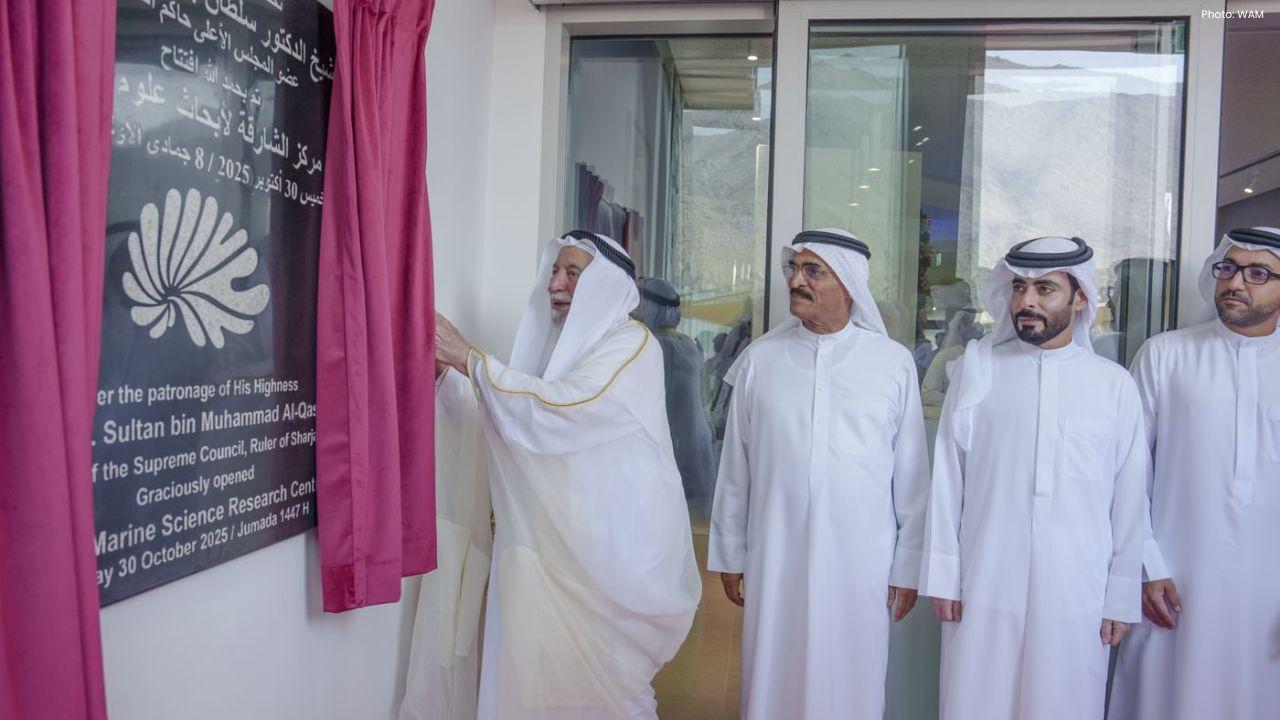
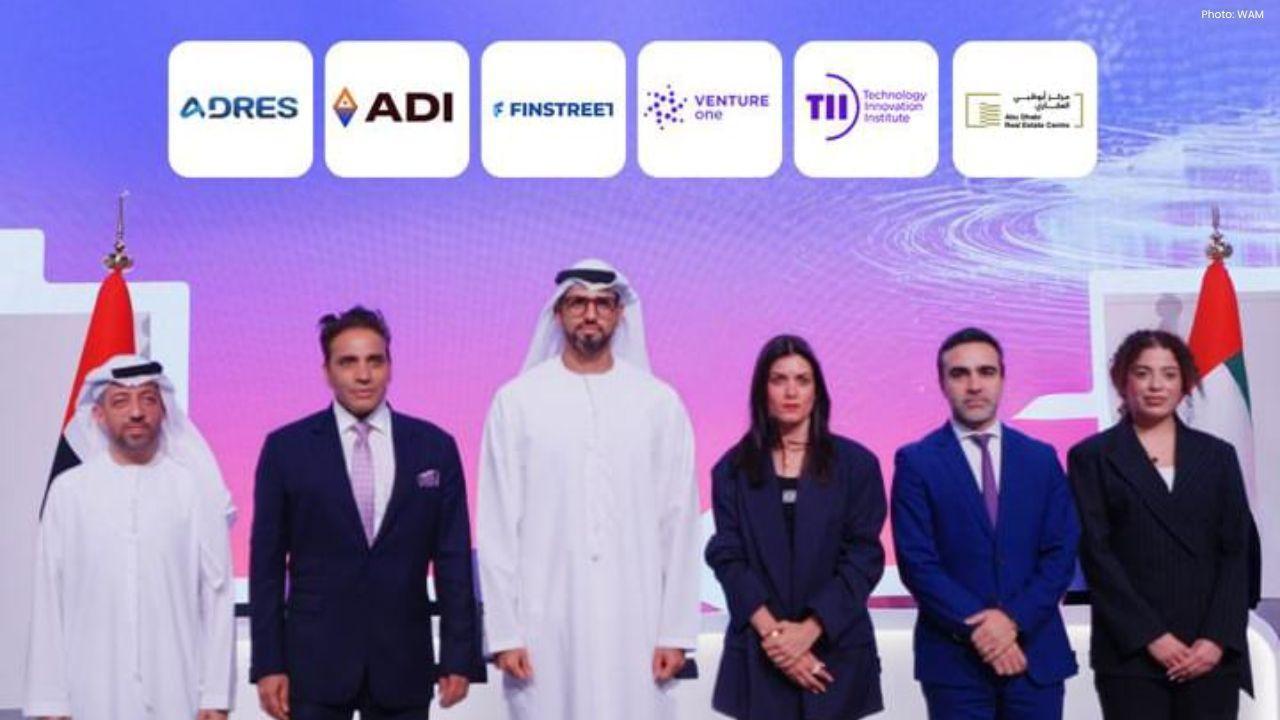


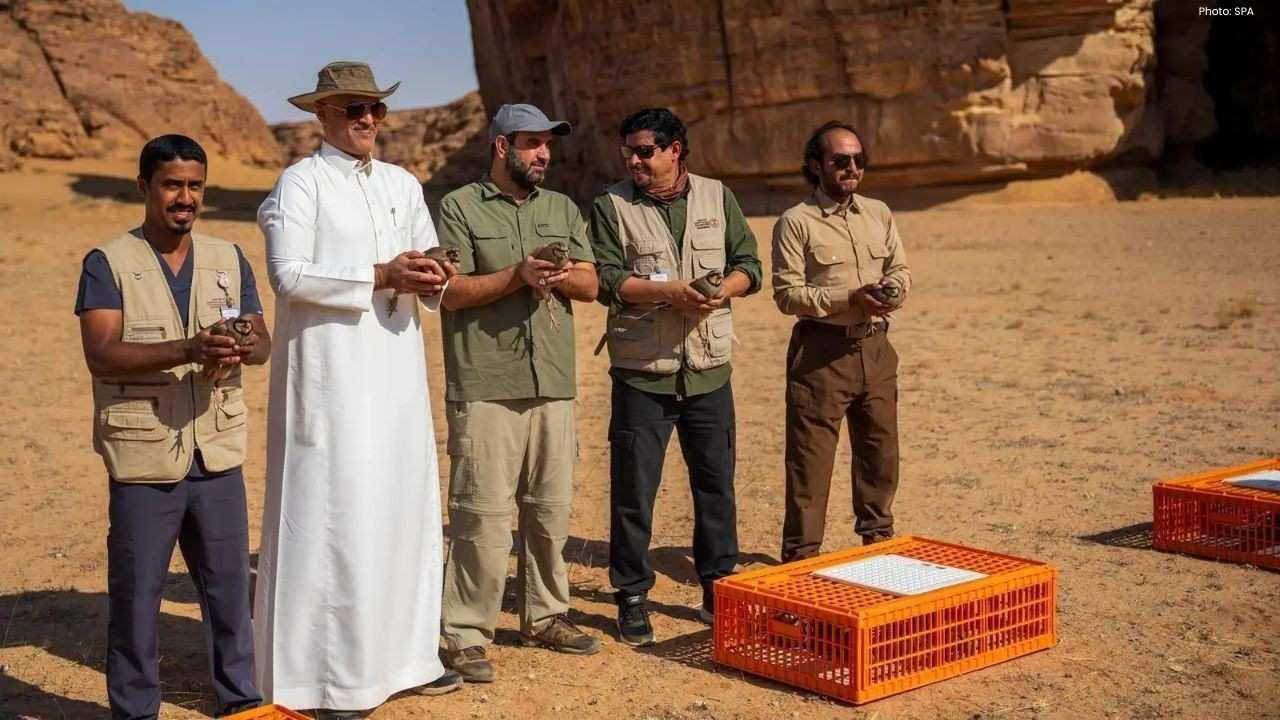
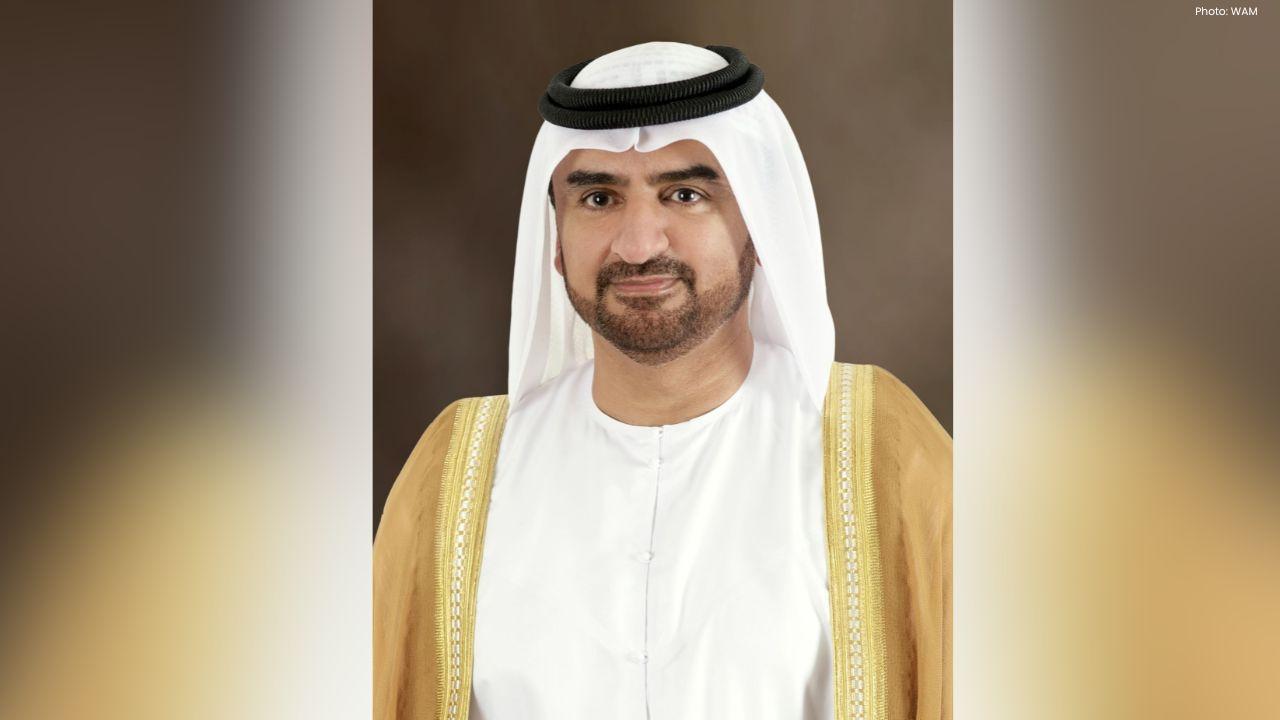
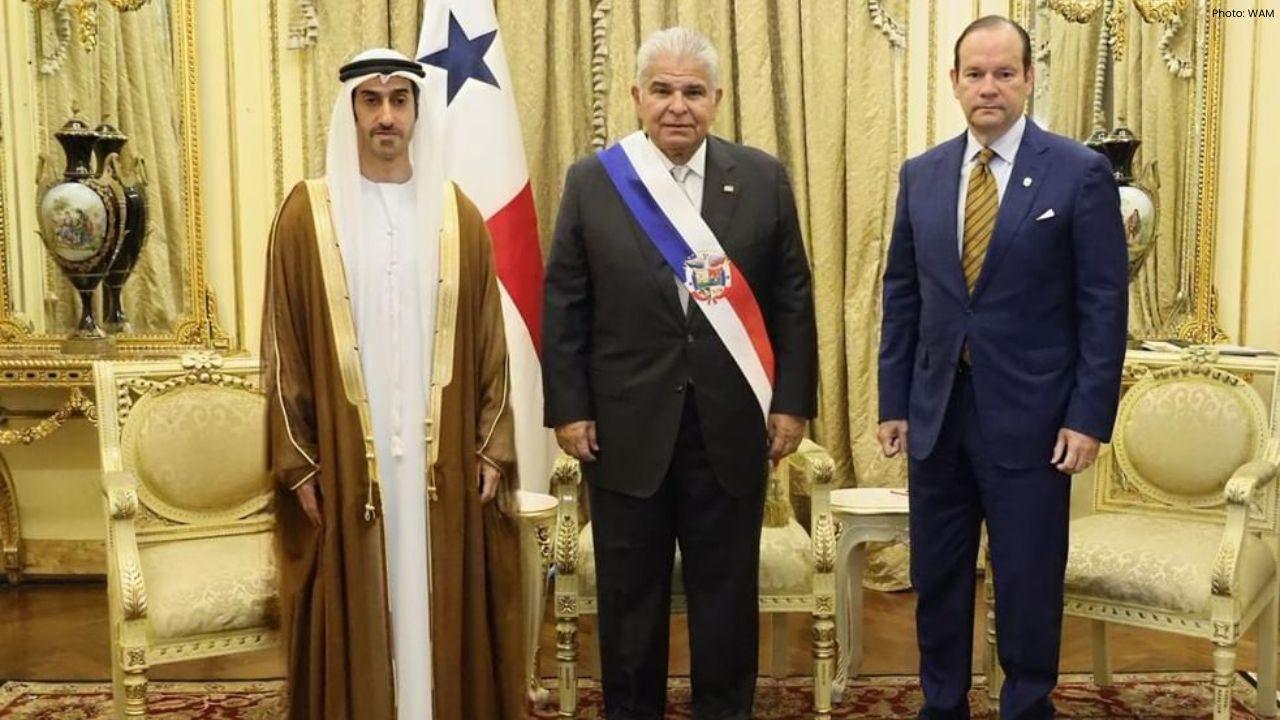

FC Goa Defeat Inter Kashi 3-0 to Reach Super Cup Semis
FC Goa beat Inter Kashi 3-0 in the AIFF Super Cup 2025-26 to reach the semifinals, with Borja Herrer
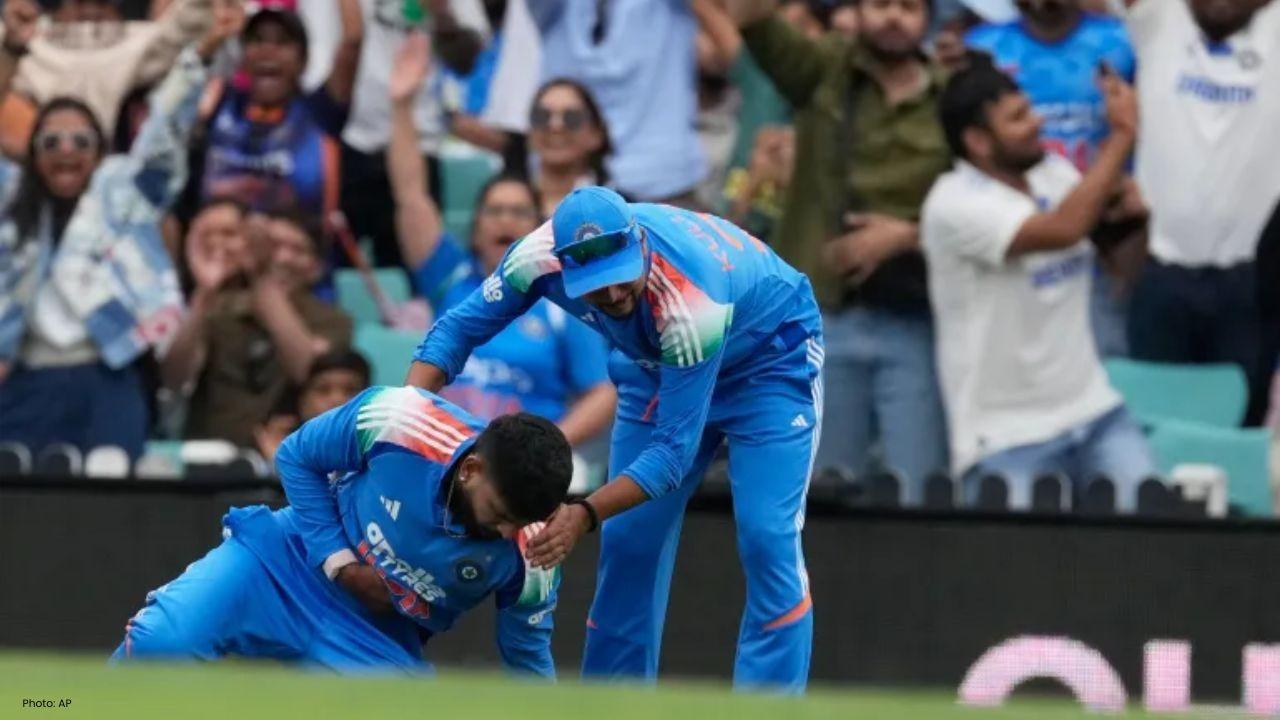
Shreyas Iyer Recovering After Spleen Injury
India vice-captain Shreyas Iyer is recovering after a spleen laceration sustained in the Sydney ODI

Qatar set to host FIFA U-17 World Cup 2025 at Aspire Zone
Qatar will stage the FIFA U-17 World Cup from Nov 3–27 at Aspire Zone, with central venues, transpor

Wolvaardt’s 169 Sends South Africa Past England into World Cup Final
Laura Wolvaardt hit 169 as South Africa beat England by 125 runs in the World Cup semi-final to reac
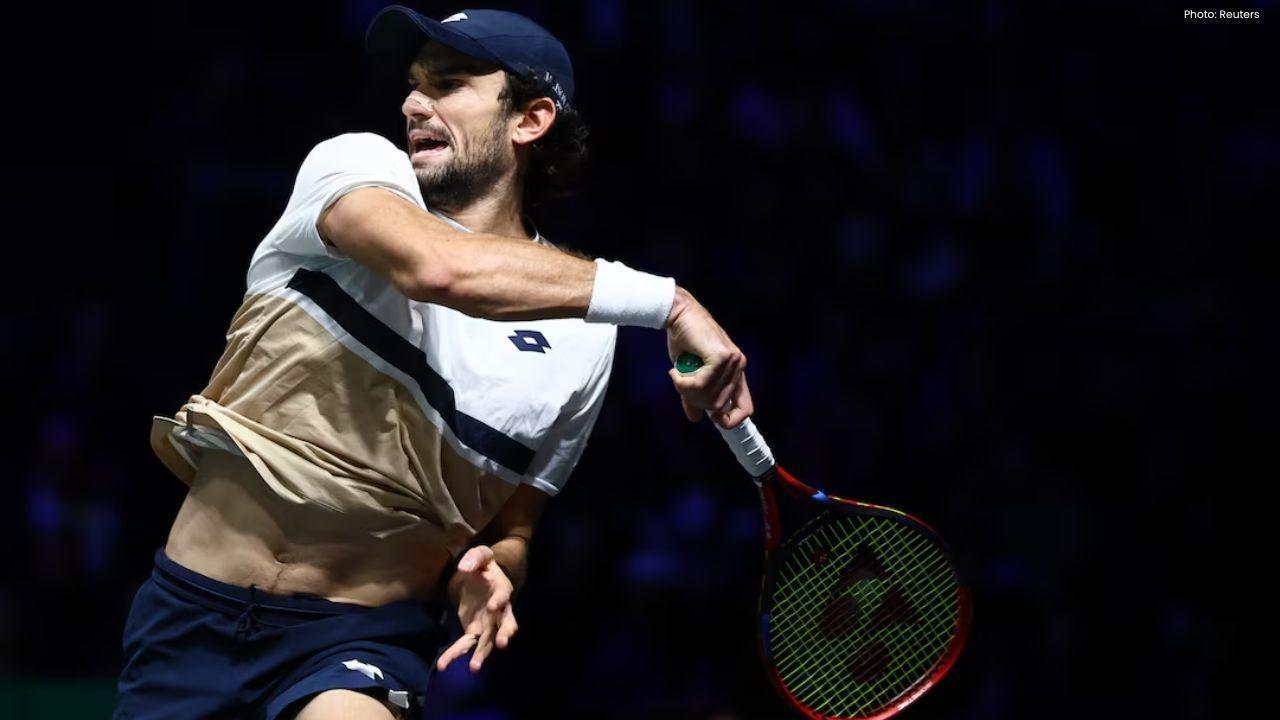
Vacherot Beats Cousin Rinderknech to Reach Paris Masters Last 16
Valentin Vacherot defeated cousin Arthur Rinderknech 6-7(9), 6-3, 6-4 to advance to the Paris Master
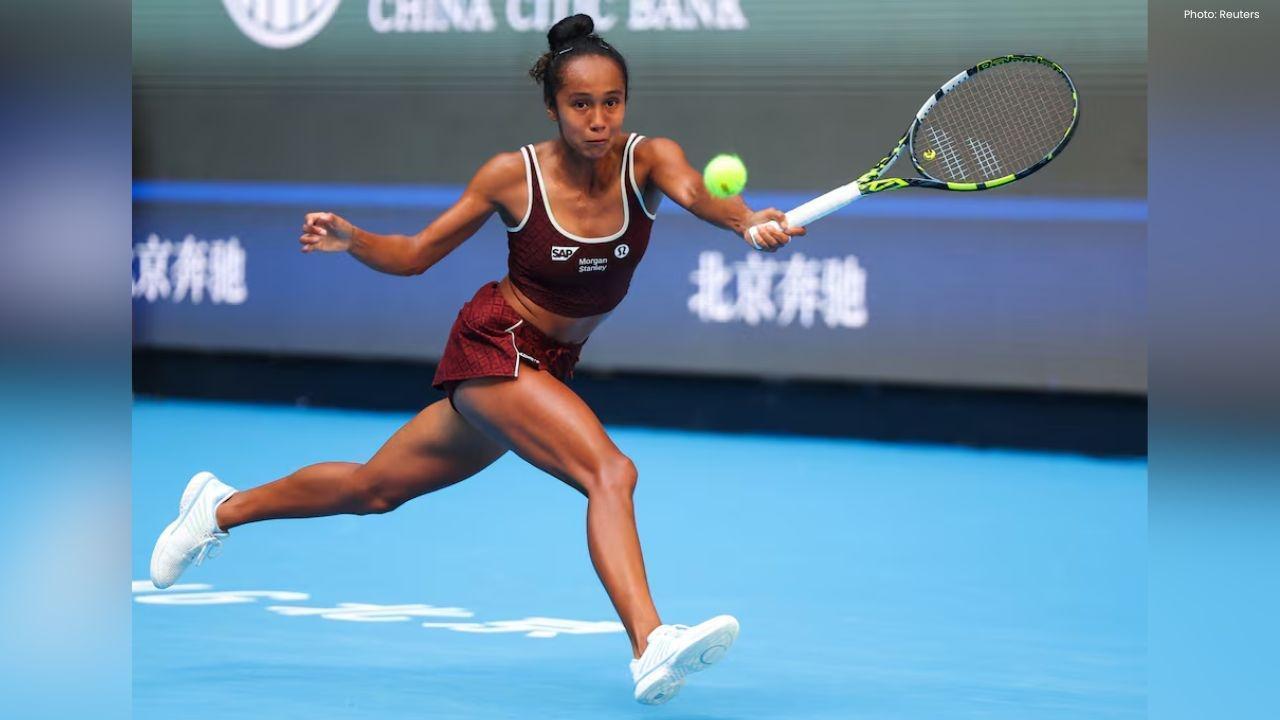
Fernandez into Hong Kong Open quarterfinals as WTA action intensifies
Leylah Fernandez beat Eva Lys 6-4, 6-2 to reach the Hong Kong quarterfinals; notable wins in Jiangxi